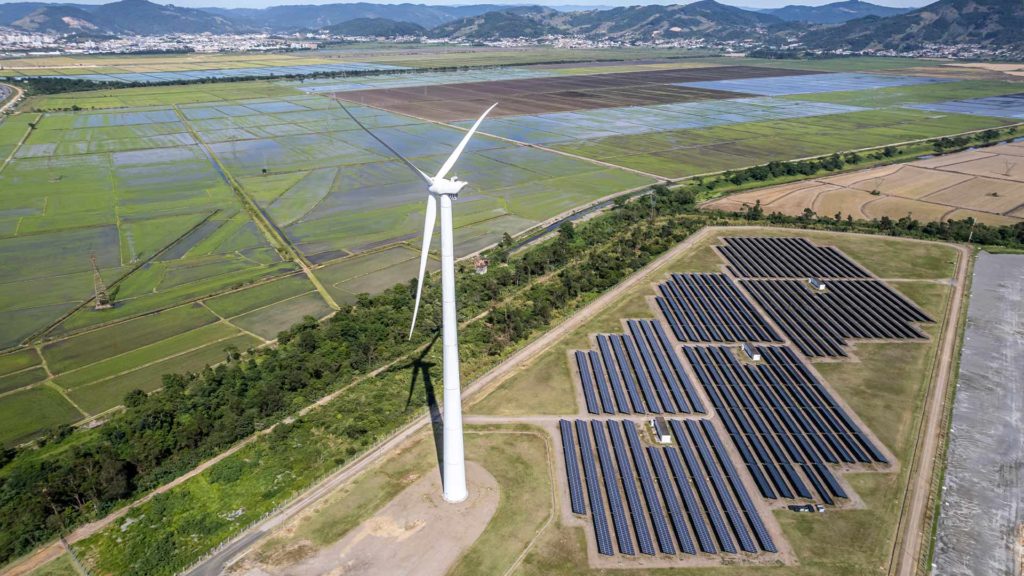Gas consumption almost halved at Corvinus in the previous quarter
2023-02-08 16:33:03In addition to gas consumption, the University has also made significant savings in electricity consumption.

Gas consumption dropped by almost 51 per cent at Corvinus in the fourth quarter of 2022 compared to the same period of 2021. Data for the period between 1 October and 31 December also show a drop of more than 47% compared to consumption in the same period in 2019, the last year before the pandemic.
This represents a saving of approximately 170 thousand cubic metres of gas compared to the last quarter of 2021, which would be enough to supply more than 140 average households for a year, based on the average household consumption of 2021.
Savings were even greater during the three-week winter holidays, with the Main Building reporting a more than 80 per cent reduction in gas consumption between 23 December 2022 and 16 January 2023. Compared to the same period one year earlier (2021-2022), this represents savings in gas of around 34 thousand cubic metres, and compared to the last period before the pandemic (2019-2020), this represents savings in gas of more than 28 thousand cubic metres. Calculated with average household consumption, it corresponds to the annual average consumption of 23-28 average households.
Although in terms of energy prices, Corvinus is in a good starting position, as the recently signed long-term energy contracts give it a competitive advantage, according to Ákos Domahidi, “we cannot afford to waste this advantage, we must build our sustainability efforts on it”. To achieve the target, we set the heating of the buildings to 20 degrees centigrade, only the southern gate is kept open in the main building, and the curriculum has been optimised in accordance with the heating possibilities.
Sustainability measures can sometimes lead to a loss of comfort, which the Campus services staff are trying to compensate by further optimisation. In addition, they are constantly working on technical solutions to achieve sustainable levels of consumption with less loss of comfort in the future.
In addition to measures, the change in average temperatures may also play a role in the change in consumption. According to temperature data from the National Meteorological Service, in the FŐTÁV service area the average monthly temperature in 2022 was indeed higher in all three months compared to 2021. Of these, October was the most extreme, with a difference of more than 2.5 degrees centigrade, while November and December remained within 1 degree centigrade.
Compared to 2019, however, the average monthly mean temperature was also lower in October, November and December 2022, so the difference in mean temperature in this comparison was in the opposite direction.
Electricity consumption also reduced significantly
The electricity consumption of Corvinus decreased by more than 24 per cent in the last quarter of 2022 compared to the same period in 2021, but the decrease was also almost 23 per cent compared to 2019.
Thus the savings were approximately 300 thousand kWh in this period compared to 2021, which corresponds to the annual consumption of almost 120 average residential consumption sites.
The university has launched several projects to reduce electricity consumption. Corvinus employees received new desk lamps equipped with energy saving bulbs; they have agreed to use ceiling lighting only when necessary, and we have also started to optimise kitchen appliances. The project is expected to be completed in 2023, which will hopefully reduce further the electricity consumption of the University.
The operation of the University’s infrastructure has also been optimised in order to reduce consumption. E.g., the operating times of the air handling units were reduced, the front lighting in Building C was switched off and the Library’s humidification equipment was shut down. In addition, motion sensors have been installed in the corridors and public spaces in the Main Building, so that even when the corridors are not in use, a significant reduction in consumption can be achieved.
Earlier, we also asked employees about the sustainability of Corvinus. In a questionnaire related to the Corvinus Green project, respondents shared ideas such as reducing printing, more colourful biodiversity at the campus, selective waste collection, and optimising water, electricity and air conditioning efficiency in order to save energy.
The university’s renewed sustainability strategy is being developed with the active involvement of university citizens, but the participants of the first ERS Agora also brainstormed on further community-based sustainability projects.
The Corvinus University of Budapest is committed to supporting community sustainability activities and to operating more sustainably, as collective action is needed to achieve significant change.